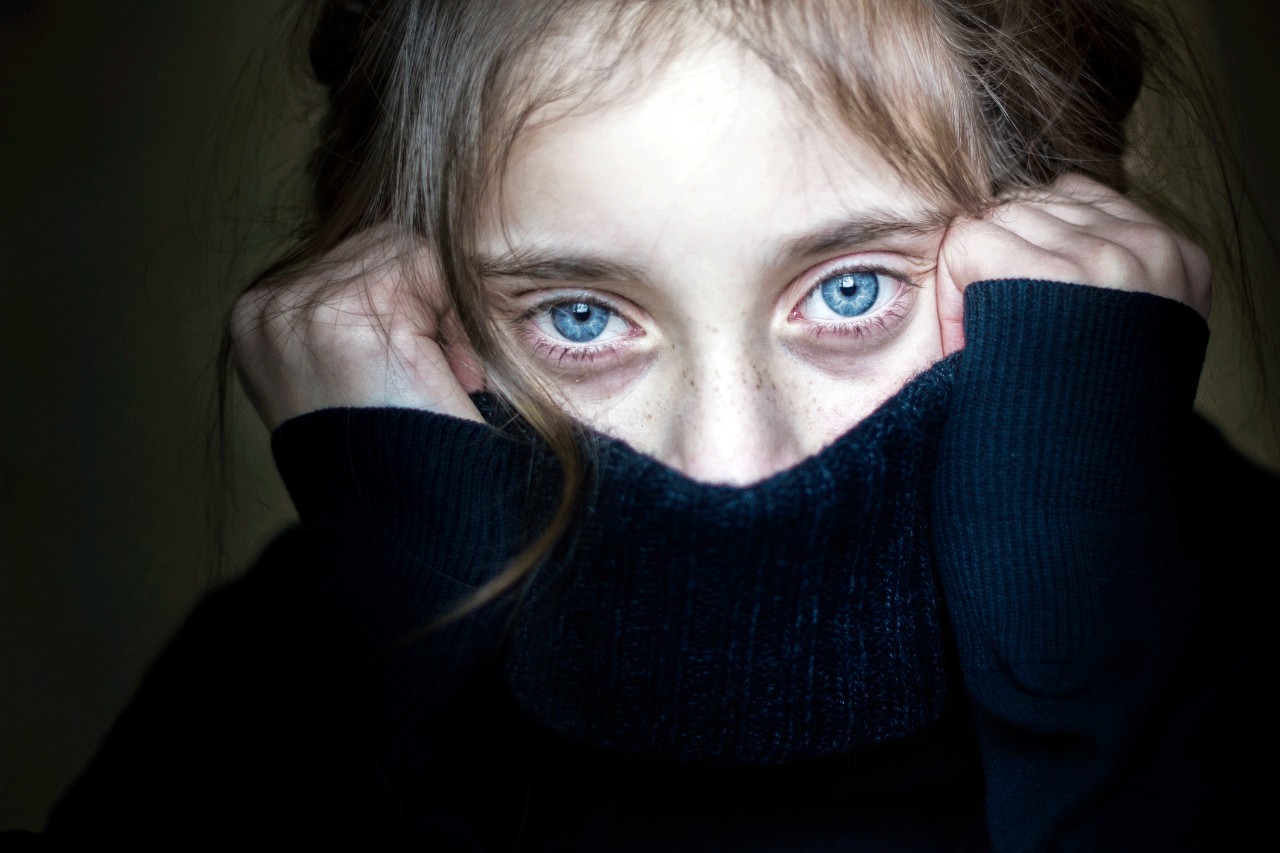
Early-Onset Dementia Increases Suicide Risk
The suicide risk in people under age 65 within the first three months after a diagnosis of dementia is nearly seven times higher than in people without dementia.

The suicide risk in people under age 65 within the first three months after a diagnosis of dementia is nearly seven times higher than in people without dementia.

It may be hard to see how acceptance can help your depression. You want to feel good and strong. But acceptance in the moment doesn’t mean it’ll last forever.

Encountering stress when you are young — like seeing a parent die violently — may affect how your brain develops as you age. Here's what you should know.

If you have treatment-resistant depression, talk to your doctor about testing for sleep apnea. Left untreated, apnea-caused poor sleep blocks depression treatment.

Psychologists have not defined the stages of depression, but it is common for people to experience changes in their willingness to take action towards change.

Researchers are zeroing in on how mushrooms may fight depression. But you'll want to avoid home-grown button mushrooms. They contain mind-altering psilocybin.

Cognitive behavioral therapy helps you talk through negative thoughts that cause sadness or anxiety so you can manage your emotions. Here's what you should know.

Sending electricity directly to parts of the brain can treat Parkinson’s disease and other illnesses. Here’s what you should know about deep brain stimulation.

Your brain gets a steady stream of information from your intestinal tract, where you digest food. What you eat can definitely affect your mood. Learn more here.

Dealing with two or more illnesses increases your chance of depression or anxiety later on. The more illnesses you have, the greater your risk of depression.

Don’t rely on supplements alone to improve your mood, although it’s always a good idea to eat food rich in omega-3 nutrients. Here’s what you should know.

Scientists have found more proof that exercise helps prevent depression even in people with a genetic vulnerability. Here’s what you should know.

"Deaths of despair" due to drugs, alcohol, and suicide have increased among people 25 to 34 years old since 2010. Here's what you should know and what you can do.